[ad_1]
TOKYO (Reuters) – Japanese Prime Minister Shinzo Abe sent a ritual offering to a controversial shrine to war dead on Tuesday, the anniversary of Japan’s World War Two surrender, but did not visit in person in an apparent effort to avoid increasing regional tensions.
Masahiko Shibayama, a lawmaker who made the offering on Abe’s behalf, said he did so to express condolences for those who died in the war and to pray for peace. He added that Abe said he was sorry he could not visit the Yasukuni shrine.
Past visits by Japanese leaders to Yasukuni have outraged Beijing and Seoul because it honors 14 Japanese leaders convicted by an Allied tribunal as war criminals, along with other war dead. Abe himself has only visited once since becoming prime minister again in 2012.
Maintaining harmony with China and Seoul is now more important than ever amid heightened tensions in Asia in the wake of North Korean missile tests, threats from Pyongyang to strike the area around the U.S. Pacific territory of Guam and U.S. President Donald Trump warning of retaliation.
“After the war, our country has consistently taken steps as a country that abhors war and treasures peace, and has made efforts to promote the peace and prosperity of the world,” Abe said at a national ceremony to honor war dead on Tuesday.
“We intend to keep this immovable policy firmly, throughout the ages, while facing history with humility.”
Abe visited the Yasukuni shrine in 2013, an action that prompted criticism from key ally the United States as well as from Asian nations, but has sent offerings on August 15 and during Yasukuni’s twice yearly festivals.
Dozens of Japanese lawmakers visited the shrine along with scores of ordinary Japanese, a move prompting a protest from media in China, which with South Korea views the shrine as a symbol of Japan’s past militarism.
The official People’s Liberation Army Daily wrote in a commentary on Tuesday that the anniversary should be a time for Japan to reflect on its history, not to “go further down the forked road of harming Sino-Japanese ties and regional peace and stability”.
Tensions in the region weighed on the minds of many who visited the shrine.
“I am furious about the threat from North Korea,” said Katsuhiko Ikeda, 78.
“North Korea’s missile threat towards Guam means anything would pass by Japan, and if anything happened, it could affect us.”
Additional reporting by Kiyoshi Takenaka and Linda Sieg in TOKYO and Ben Blanchard in BEIJING, writing by Elaine Lies; Editing by Michael Perry and Linda Sieg
[ad_2]
Source link


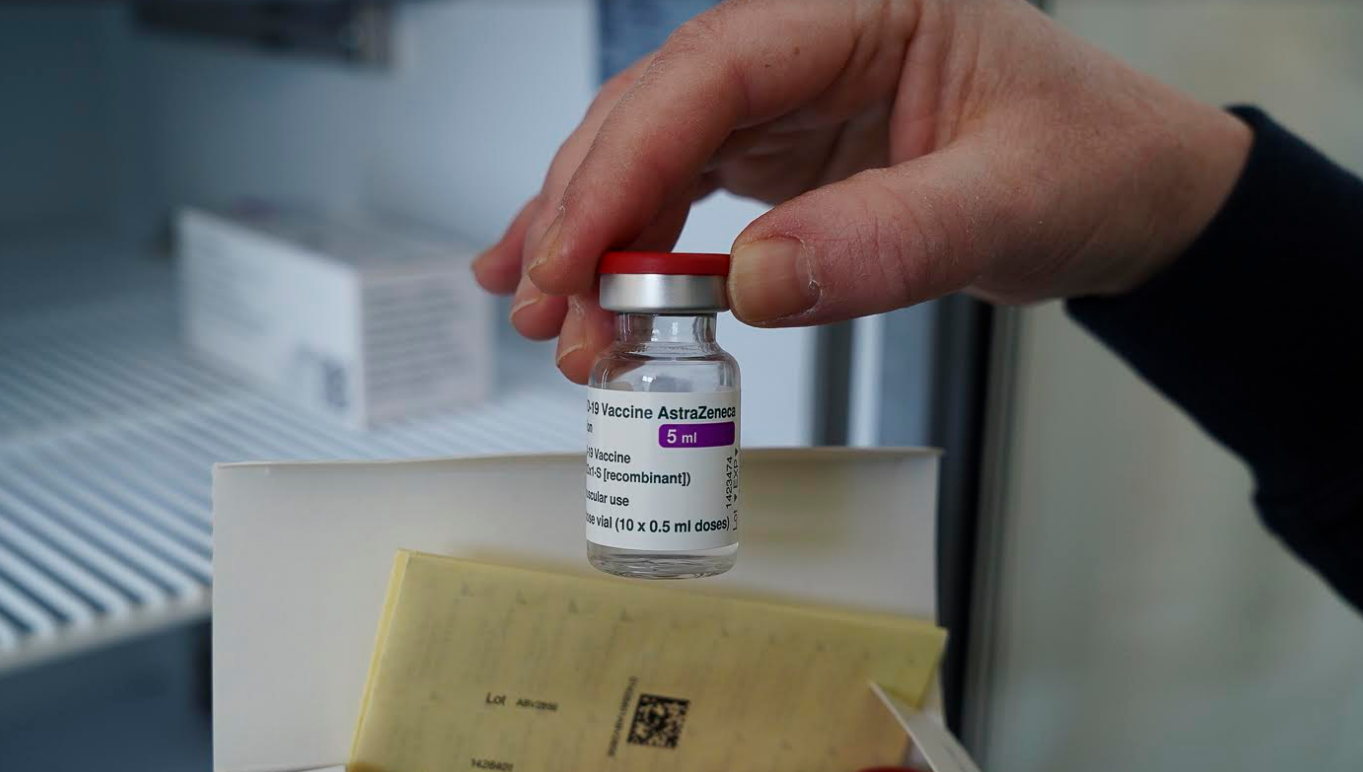
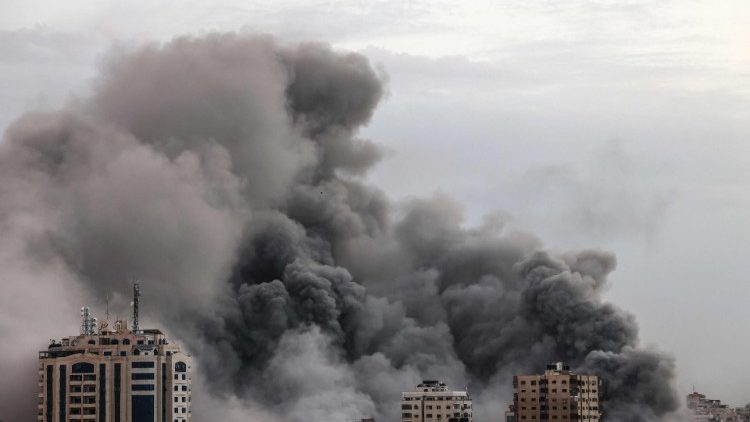
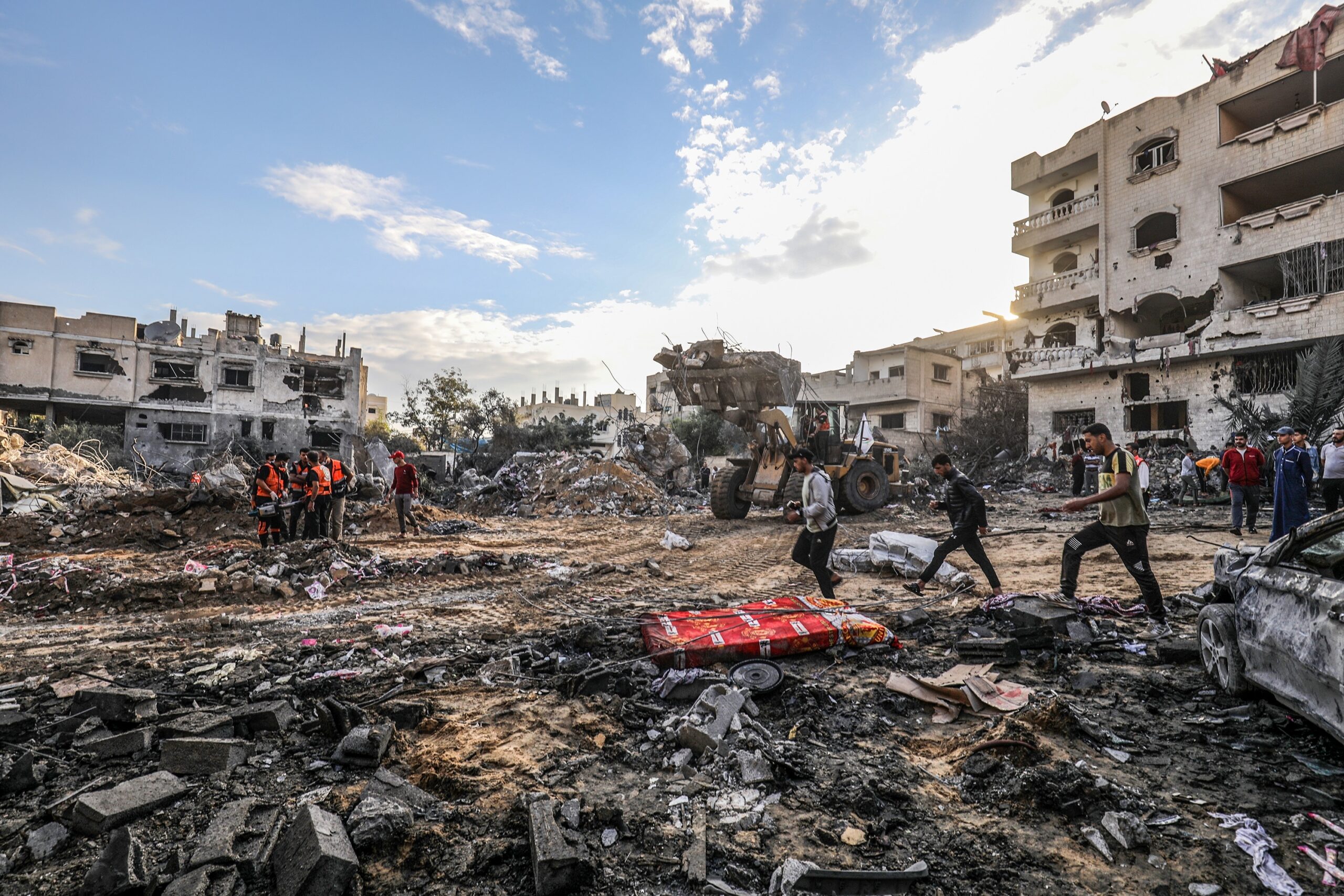
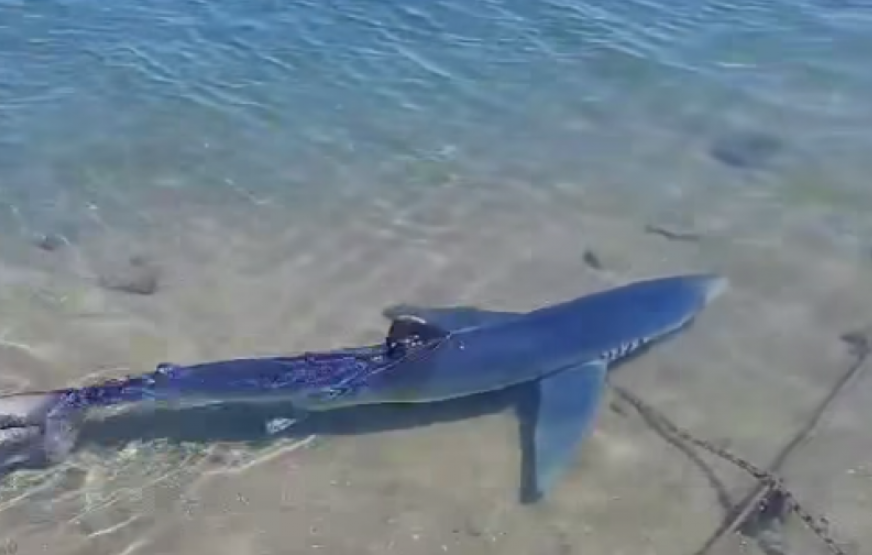
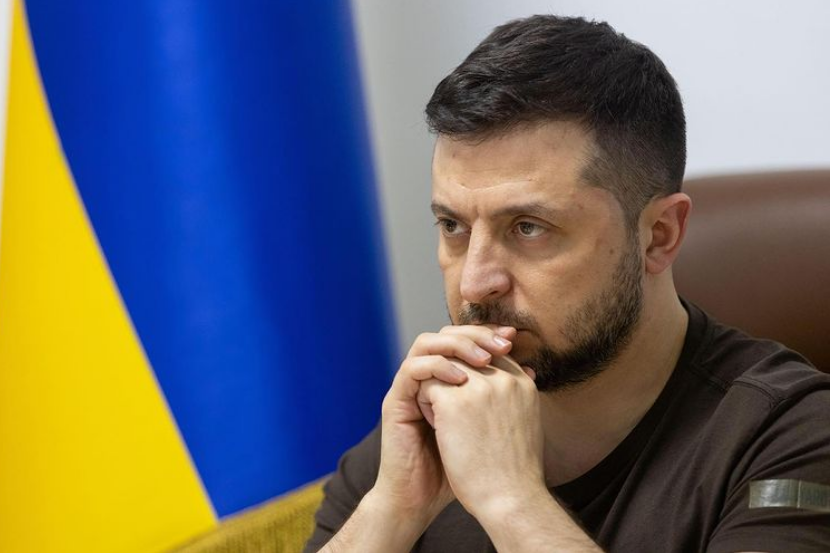
Leave a Reply